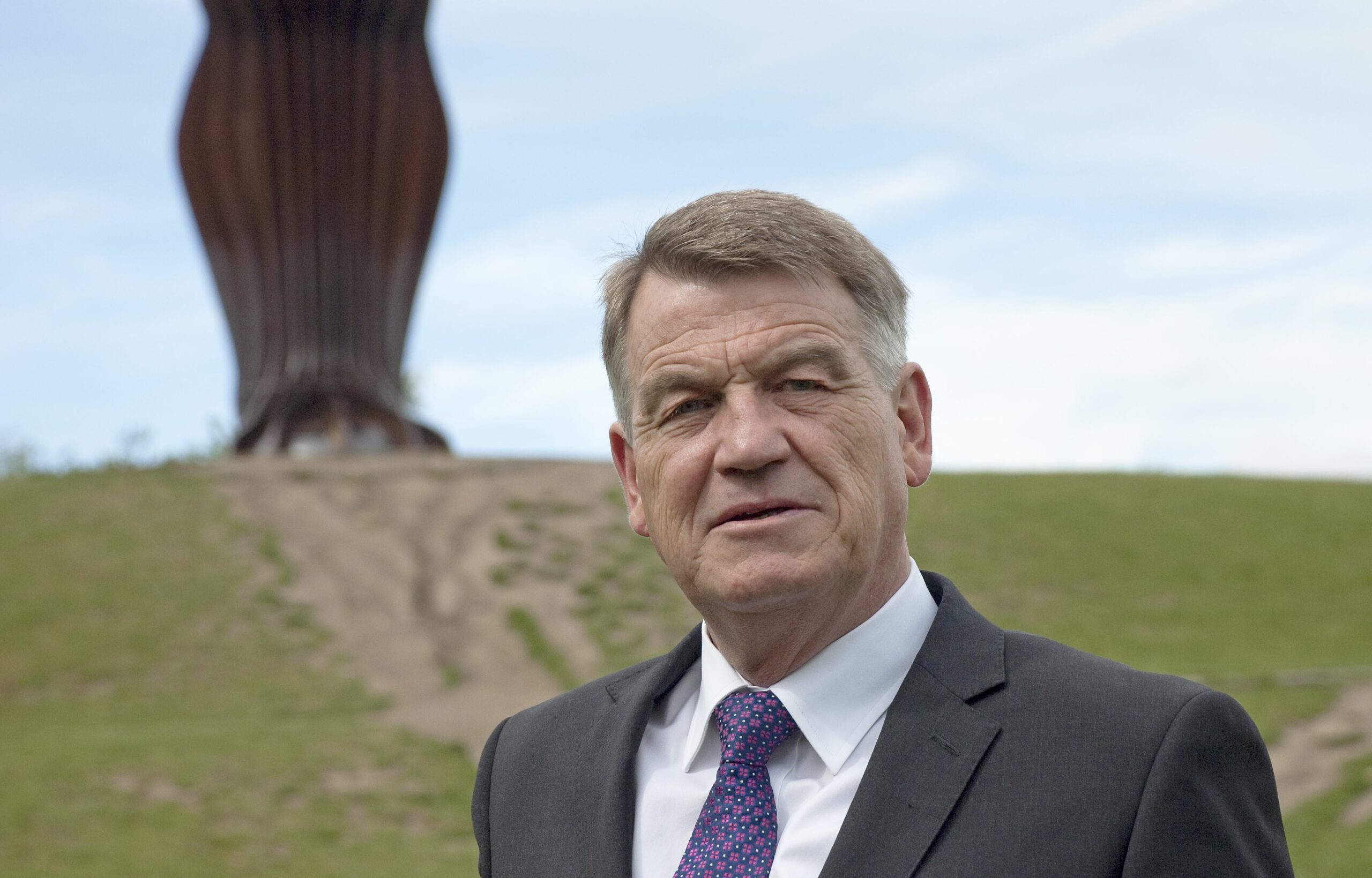Cuts to bus services highly likely, plus a “Hobson’s choice” for Tyne and Wear councils
Worried council leaders will discuss a major shortfall in the finances of the Tyne and Wear Metro caused by the Covid-19 pandemic, and its impact on next year’s transport budget.
Unless the government reverses a decision to end emergency Covid-19 payments for Metro the shortfall will almost certainly lead to bus services being cut by £7.5m next year. On top of that leaders face a “Hobson’s choice” of either burdening councils with £4.1m of extra payments, or seeing the same amount cut from Metro, Ferry or bus services.
A report to be discussed by the North East Joint Transport Committee at its meeting on 16th November notes that the government has advised Nexus that Covid-19 funding for Metro operations will be withdrawn at the end of next March, but despite being one of the fastest-recovering rail systems in the country, patronage on the Metro will not have returned to pre-pandemic levels by that point. Nexus therefore forecasts an estimated shortfall in its budget of £20.8 million for next financial year.
Nexus says that it cannot make short-term savings by cutting Metro services because the resulting loss of yet more passengers would actually lead to an even bigger deficit.
Unless the government can be persuaded to change its stance, the measures Nexus plans to close the gap include:
- A reduction of £7.5m in the budget used to fund Concessionary bus travel reimbursement in Tyne and Wear. This budget is used to pay bus companies for carrying people using free bus passes – whose numbers are reduced because of the impact of Covid-19. It represents a major source of income for local bus operators and its reduction will increase pressure on bus companies’ finances which have already been stretched by the pandemic;
- Efficiency savings and additional stretched income targets for Nexus of £3.6m and the use of £5.6m of Nexus’ reserves; and
- as a last resort, a levy for 2022/23 for Tyne and Wear of £65.225m, representing an increase of 6.75%, or £4.125m year on year increase. The alternative to the increased levy would be cuts to Nexus services to the value of £4.125m.
If the Joint Transport Committee approves the report a budget consultation will take place over the next two months before a final decision in January.
Cllr Martin Gannon, Chair of the Joint Transport Committee, said: “Just last month we approved a Bus Service Improvement Plan aimed at improving and expanding bus services – and the government actually sent a letter encouraging us to be ambitious. Yet instead we are facing almost certain cuts to the bus services we already have. Worse still there will be an increased burden on our cash-strapped councils in Tyne and Wear or even bigger cuts to public transport, all because of the need to fill a hole in the Tyne and Wear Metro’s finances that is not of our making.
“The government could very easily act to fix this problem in the same way it already has with the national rail network. Everyone agrees that the Metro is an essential, well-managed and efficient transport system, and there is no dispute that the financial shortfall is caused by Covid-19.
“The government’s lack of Covid-19 support for the Metro will lead to cuts to bus services, which is the direct opposite of what we want to achieve. But even worse we face a “Hobson’s choice” of either an big increase in the burden borne by Tyne and Wear councils – at a time that they are already having to cut other services to balance their budgets – or to face an even higher level of cuts to the public transport services that underpin our economies and knit our communities together. Only regions like ours that operate light rail systems face this problem; rail commuter networks all over the country are being bailed out by the government. How fair is that?
“We need our bus and our Metro services to be properly funded, to support our region’s economic and social recovery from Covid-19 with low-carbon transport that is available to everyone.
“We keep knocking on the door, but the government seems determined to keep the lights switched off and pretend that nobody is at home. We must now ask publicly: please help us.”

